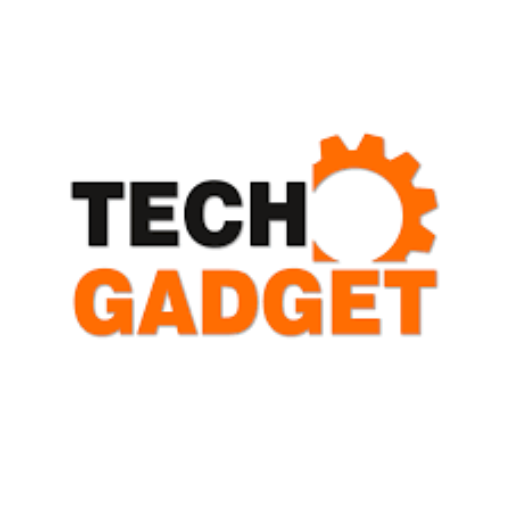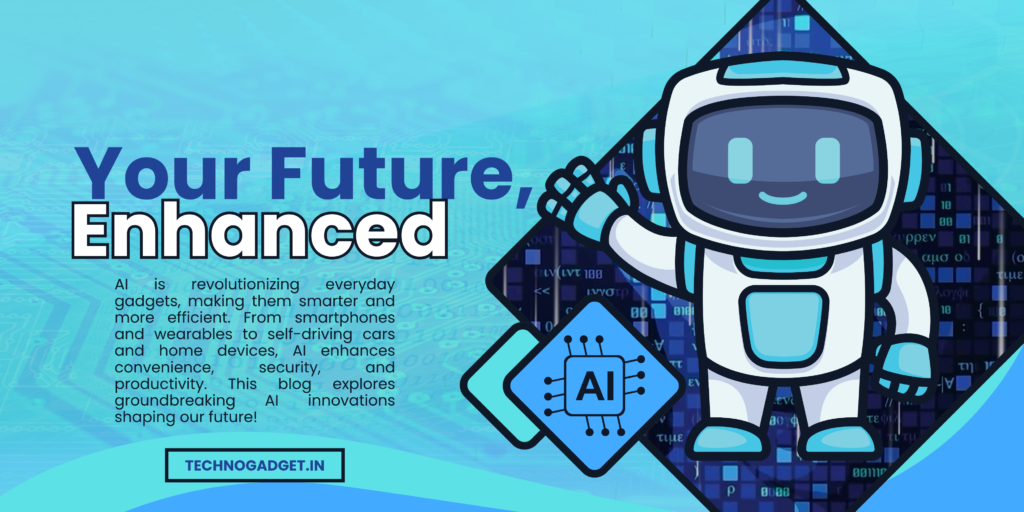

AI-Powered Gadgets that Will Revolutionize Your Daily Life AI is transforming modern devices, making them smarter, faster, and more efficient. From daily tasks to business automation, its impact is everywhere. In this blog, we’ll explore how AI-driven innovations are shaping the future and enhancing everyday life.
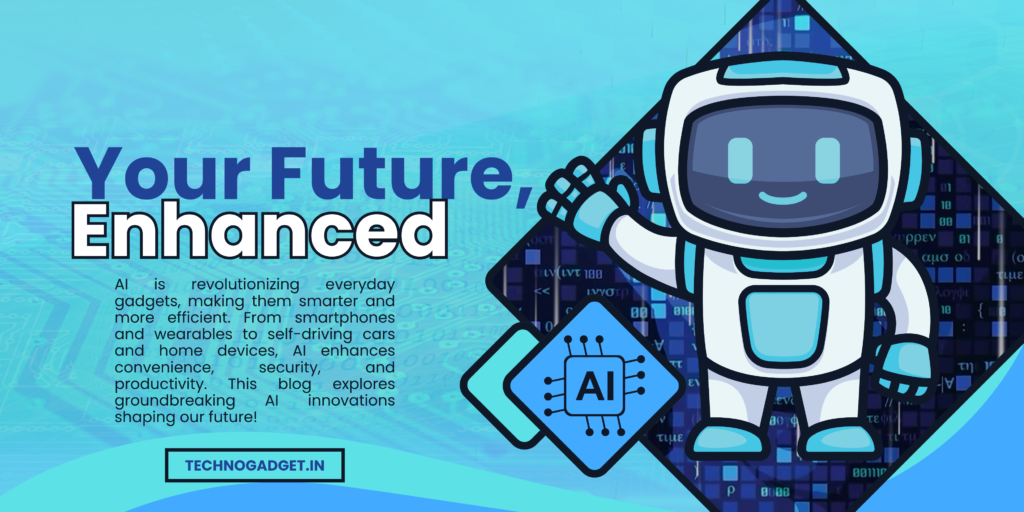
1. AI in Everyday Smart Devices
AI assistants like Google Assistant, Siri, and Bixby have transformed smartphones into powerful tools for convenience and efficiency. With hands-free voice commands, users can make calls, send messages, play music, or search for information without manual effort. AI has also improved productivity by automating tasks such as setting reminders, scheduling meetings, and sending emails, making everyday routines smoother and faster.
AI-Powered Gadgets that Will Revolutionize Your Daily Life Beyond basic tasks, AI personalizes user experiences by learning habits and suggesting apps, routes, and settings accordingly. It also integrates with smart home devices, allowing users to control lights, air conditioning, and security systems with voice commands. In photography, AI-powered cameras enhance images, detect objects, and even translate text using tools like Google Lens. Language barriers are also minimized with real-time AI translation, making communication easier for travelers and multilingual users.
AI extends its influence to health and well-being by tracking fitness goals, monitoring sleep, and providing reminders for hydration, movement, and relaxation. It has also improved security with facial and fingerprint recognition, ensuring safer access to devices. Additionally, AI-driven energy efficiency optimizes battery usage and reduces power consumption in smart gadgets.
By automating tasks, filtering important notifications, and optimizing navigation with real-time traffic updates, AI has saved users a significant amount of time in their daily lives. AI-Powered Gadgets Customer support has also become more efficient with AI chatbots providing instant assistance. As AI continues to evolve, it will further enhance productivity, personalization, and convenience, making smart devices even more integral to everyday life.
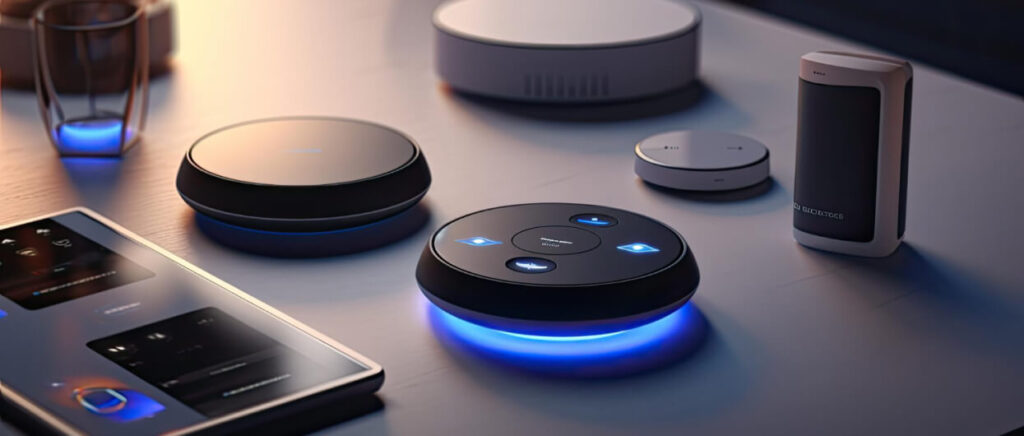
2. AI in Wearable Tech
AI has revolutionized wearable technology, making devices like smartwatches, fitness trackers, and smart glasses more intelligent and useful in daily life. These devices use AI to monitor health, improve productivity, and enhance user experiences with real-time insights.
Smartwatches and fitness trackers, such as the Apple Watch, Fitbit, and Samsung Galaxy Watch, utilize AI to track heart rate, sleep patterns, steps, and calories burned. AI analyzes this data to provide personalized health recommendations, detect irregular heart rhythms, and even alert users about potential health risks. Some devices use AI-powered coaching systems to suggest workout routines, optimize fitness plans, and improve overall well-being.
In addition to health tracking, AI in wearables enhances productivity by offering voice assistance, notifications, and real-time translations. Smartwatches with AI assistants like Google Assistant and Siri allow users to control their phones, send messages, set reminders, and get weather updates—all without needing to take out their phones. AI also helps in reducing distractions by prioritizing important notifications.
Wearable AI extends beyond smartwatches to smart glasses like Meta’s Ray-Ban and Google Glass, which integrate AI-powered augmented reality (AR) to assist with navigation, hands-free communication, and real-time data overlays. AI-driven earbuds, such as the Google Pixel Buds, offer real-time language translation and adaptive sound features, improving communication and audio experiences.
As AI continues to advance, wearables will become even more sophisticated, offering better health diagnostics, improved personalization, and seamless interaction with other smart devices, making them an essential part of everyday life.
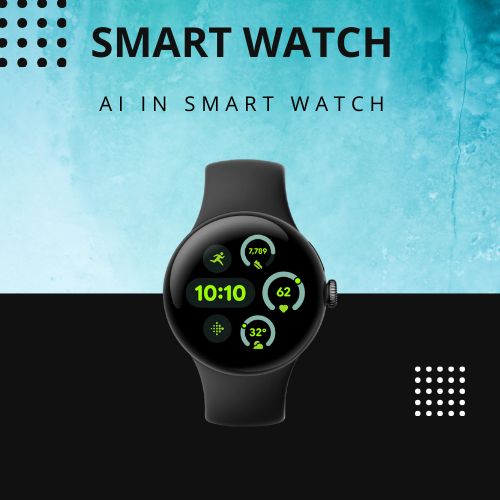
3. AI in Smart Home Gadgets
AI has transformed smart home gadgets, making homes more efficient, secure, and convenient. Devices like smart speakers, security cameras, thermostats, lighting systems, and home appliances now use AI to learn user preferences, automate tasks, and improve overall functionality.
Smart assistants like Amazon Alexa, Google Assistant, and Apple Siri serve as central hubs, allowing users to control various home devices using voice commands. AI-powered smart thermostats like Nest adjust the temperature based on user behavior, optimizing energy consumption and reducing electricity bills. AI-driven lighting systems such as Philips Hue automatically adjust brightness and color temperature depending on the time of day and user preference.
Home security has also seen significant advancements with AI-powered Gadgets that Will Revolutionize Your Daily Life smart cameras and doorbells, such as Ring and Arlo, which can detect movement, recognize faces, and differentiate between people, animals, and objects. These systems send real-time alerts and even integrate with other smart home devices for enhanced security.
AI has also improved home appliances, making them more autonomous and user-friendly. Smart refrigerators track food inventory and suggest recipes, while AI-powered washing machines optimize wash cycles based on fabric type and load size. Robotic vacuum cleaners like Roomba use AI to map home layouts and clean efficiently without human intervention.
In the modern world, AI has made smart home gadgets more than just luxury items—they have become essential tools for improving energy efficiency, security, and convenience. As AI technology continues to advance, homes will become even smarter, offering greater automation, predictive capabilities, and seamless integration with everyday life.
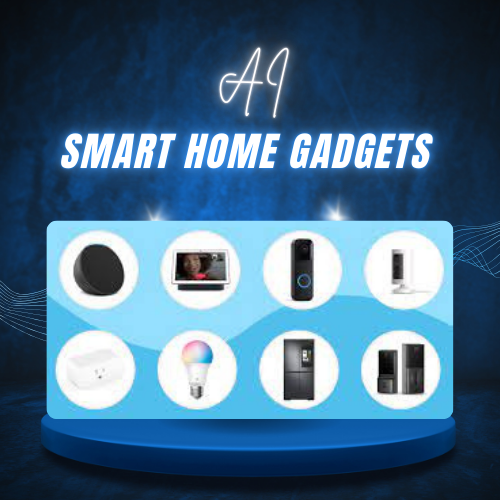
4. AI in Healthcare & Personal Wellness
AI has revolutionized healthcare and personal wellness by enhancing efficiency, improving diagnostics, and minimizing human errors. With AI-powered systems, hospitals, doctors, and individuals can access smarter, faster, and more accurate healthcare solutions.
In diagnostics, AI-driven tools like IBM Watson Health and Google’s DeepMind analyze vast amounts of medical data to detect diseases such as cancer, heart conditions, and neurological disorders at an early stage. AI-powered imaging technology enhances MRI scans, X-rays, and CT scans, reducing misdiagnoses and allowing doctors to make more precise decisions. This has significantly improved the accuracy of disease detection and treatment plans while reducing human oversight errors.
AI has also transformed robotic-assisted surgeries, where precision is crucial. Robotic systems like da Vinci Surgical System assist surgeons in complex procedures, ensuring minimal invasiveness, faster recovery, and reduced surgical errors. AI helps in predicting surgical risks, enhancing patient safety, and providing real-time guidance to medical professionals.
In personal wellness, AI is integrated into wearable devices like Fitbit, Apple Watch, and smart rings, which continuously monitor heart rate, sleep patterns, oxygen levels, and physical activity. These devices use AI algorithms to detect abnormalities, predict potential health risks, and alert users to seek medical attention before conditions worsen. AI-based health assistants also provide personalized recommendations for fitness, diet, and mental well-being.
AI-driven virtual health assistants and chatbots provide 24/7 healthcare support by answering medical queries, scheduling appointments, and offering medication reminders. This reduces the burden on healthcare professionals and enhances patient engagement.
By automating administrative tasks such as patient record management, medical billing, and data analysis, AI reduces human errors and enhances efficiency in hospitals and clinics. It ensures that doctors spend more time on patient care rather than paperwork.
Overall, AI has transformed healthcare by increasing diagnostic accuracy, reducing human errors, improving patient care, and making personal wellness more proactive. As AI continues to evolve, it will further revolutionize healthcare with predictive analytics, AI-driven drug discovery, and more advanced robotic medical procedures, ensuring better health outcomes and efficiency in the medical field.
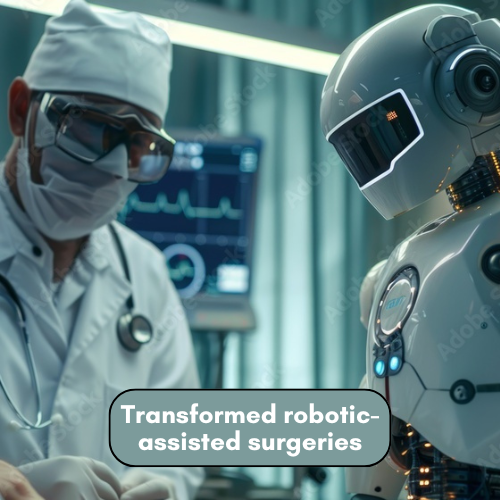
5. AI-Powered Automotive Gadgets
AI has significantly transformed the automotive industry, making vehicles smarter, safer, and more efficient. AI-powered automotive gadgets are now essential in improving driving experiences, enhancing safety, and optimizing vehicle performance.
One of the most significant advancements is in self-driving and driver-assist technologies. AI-powered systems like Tesla Autopilot, Waymo, and GM’s Super Cruise use deep learning and real-time data from sensors, cameras, and LiDAR to assist with autonomous driving, lane-keeping, and collision avoidance. These technologies minimize human errors, reducing accidents and making roads safer.
AI has also improved navigation and traffic management through smart GPS systems like Google Maps and Waze, which predict traffic patterns, suggest alternative routes, and provide real-time road condition updates. AI-driven voice assistants in vehicles, such as Amazon Alexa Auto and Apple CarPlay, enable hands-free control of navigation, music, and communication, enhancing convenience and safety while driving.
In terms of vehicle security, AI-powered smart dashcams and surveillance systems can detect unusual activities, recognize license plates, and alert car owners about potential threats. Anti-theft systems integrated with AI can track stolen vehicles in real-time and prevent unauthorized access through biometric authentication.
AI is also playing a key role in predictive vehicle maintenance. Smart diagnostic tools analyze engine performance, tire pressure, and battery health, providing real-time alerts to prevent breakdowns. Systems like OnStar and BMW’s AI-driven maintenance assistant predict mechanical failures before they happen, saving time and repair costs.
As AI continues to advance, future automotive gadgets will further enhance vehicle automation, fuel efficiency, and accident prevention, making transportation smarter, safer, and more reliable.
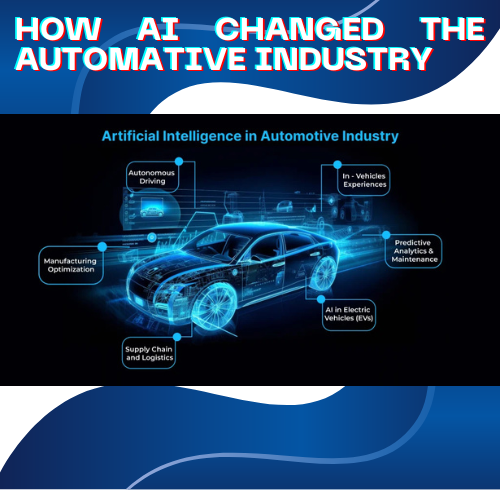
Conclusion
In Today’s world AI have smart technologies very fast because of this AI powered Gadgets is transforming our lives so rapidly. AI has making technology so efficient, powerful & much better that we had earlier & made personalized user experience & friendly gadgets that everyone will use these tech gadgets without any struggle like problem in user interface & can’t able to how to use these gadgets in modern timeFrom smart assistants to autonomous vehicles, these innovations enhance convenience, security, and productivity. And it will continuously further revolutionize the way we live, work, and interact with technology. The future of smart living is here!
Related Blogs
